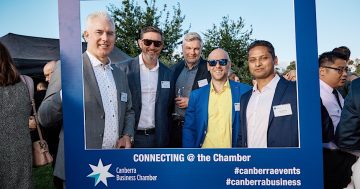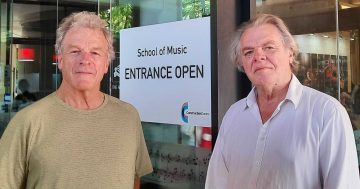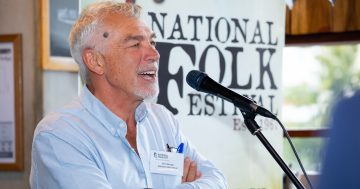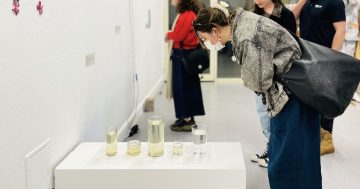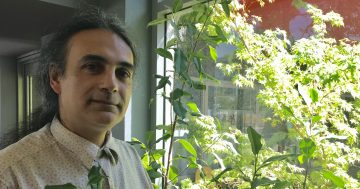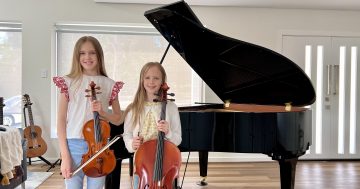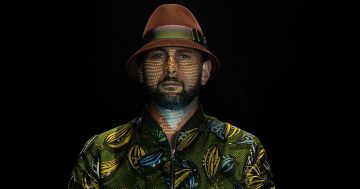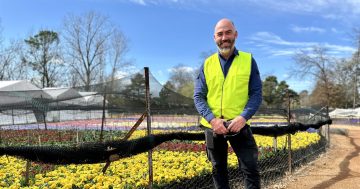By Marjorie Merryman, Manhattan School of Music
The Australian National University (ANU) has recently announced serious changes to the School of Music in Canberra. Students will receive fewer hours of one-on-one performance lessons, and the current faculty will be significantly reduced.
In making the announcement earlier this month, Vice Chancellor Ian Young said the changes “will strengthen opportunities for students to develop skills needed across a range of music jobs.” He cited a Professional Development Allowance (PDA) that will be allocated to students, allowing them to (amongst other options) receive video-linked lessons and sessions with the support of the Manhattan School of Music (MSM).
But from where I sit at the Manhattan School of Music in New York, this is news to me. No one from ANU has ever discussed this curriculum or restructuring with us.
While we have had a very positive and mutually supportive agreement to share live, interactive video conferencing with ANU, we have concentrated on content sent to primary and secondary schools, and organised several master class exchanges at the university level.
We have similar partnerships with colleges, universities and conservatories all over the world; it has never happened before that a university or conservatory proposed to let MSM’s Distance Learning program actually substitute for an in-house curriculum or faculty.
At MSM, we can’t endorse ANU’s proposal; we are committed to performance training for musicians, and to the model of one-on-one, live studio teaching.
But ANU’s proposed curriculum raises some interesting questions: why must music lessons be taught live, one-on-one? And if they must, then what is the purpose of live video technology in the teaching of music and performance?
In answer to the first question, one must remember that musical performance is a combination of complex physical coordination, individual physiology, pattern recognition, abstract reasoning, and artistic imagination – all informed by rich histories of performance practice and interpretation.
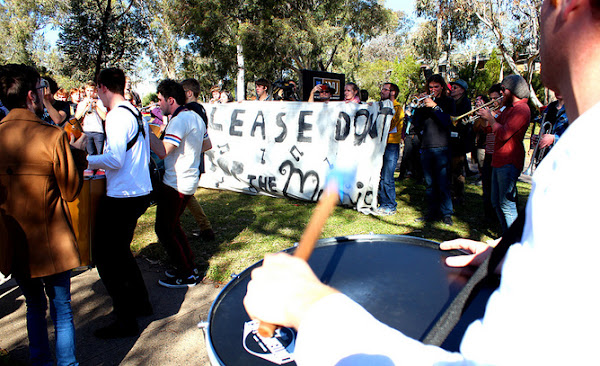
ANU students protest the proposed music school cuts. Flickr/Orangedrummerboyedit
Musicians ultimately play as individuals, and their talents must be shaped and developed in that context. Even with highly interactive video, a teacher can’t see everything in a student’s body language, cannot touch the student, and can’t always completely judge the sound environment so as to fine-tune issues of tone and balance.
The student is similarly limited. Therefore, music lessons at every music school in the world are generally taught live, one-on-one, at least once per week, over the whole course of study. Having an active in-house faculty not only supports this model, but also allows students to interact casually with role models and potential future colleagues.
So what, then, is the use of modern interactive video technology? At MSM we believe that it brings enormous benefit. It means that at the university level, master classes (typically a demonstration class featuring an expert teacher and several students) can be shared with partners around the world.
In these classes, the teacher may be in our New York studio and the students elsewhere, or the teacher may be in a distant studio teaching students here. While there are limitations, as mentioned above, these classes can also be tremendously informative and enriching, since they most often bring together students with an artist not normally available to them.
The week-to-week development of each student is not typically the focus such classes. But they can be extremely important in transmitting a master teacher’s viewpoints, techniques, and interpretations.
Occasionally at MSM we use interactive video more regularly for particular teachers and their students. But this can never fully substitute for in-person lessons, and therefore we combine such lessons with live sessions taught by and fully coordinated with a faculty member who is on site.
Interactive performance-based lectures can also help on a variety of music topics and can provide professional development.
Many other programs are offered for primary and secondary school children. In that context, distance learning often provides the only access students may have to high quality teaching of particular subjects.
In the future, we believe that home-learners may be able to use interactive technology to study performance, gaining some level of accomplishment and enjoyment. But we don’t foresee that technology will ever replace the live, in-person music lesson as the best way for learning the practice of music.
The new ANU curriculum may be effective and worthwhile for music students whose focus is not actually playing or singing. And curricular change may be necessary because of budget constraints. But in performance, it appears that the proposed changes will bring a distinct loss of quality in instruction at the School of Music.
The cultural richness and intellectual achievements of music are inevitably tied to performance; as faculty and students take their performance talents elsewhere, one would fear a loss not only to the School of Music and University system, but also to the larger community.
Marjorie Merryman does not work for, consult to, own shares in or receive funding from any company or organisation that would benefit from this article, and has no relevant affiliations.
![]()
This article was originally published at The Conversation.
Read the original article.











